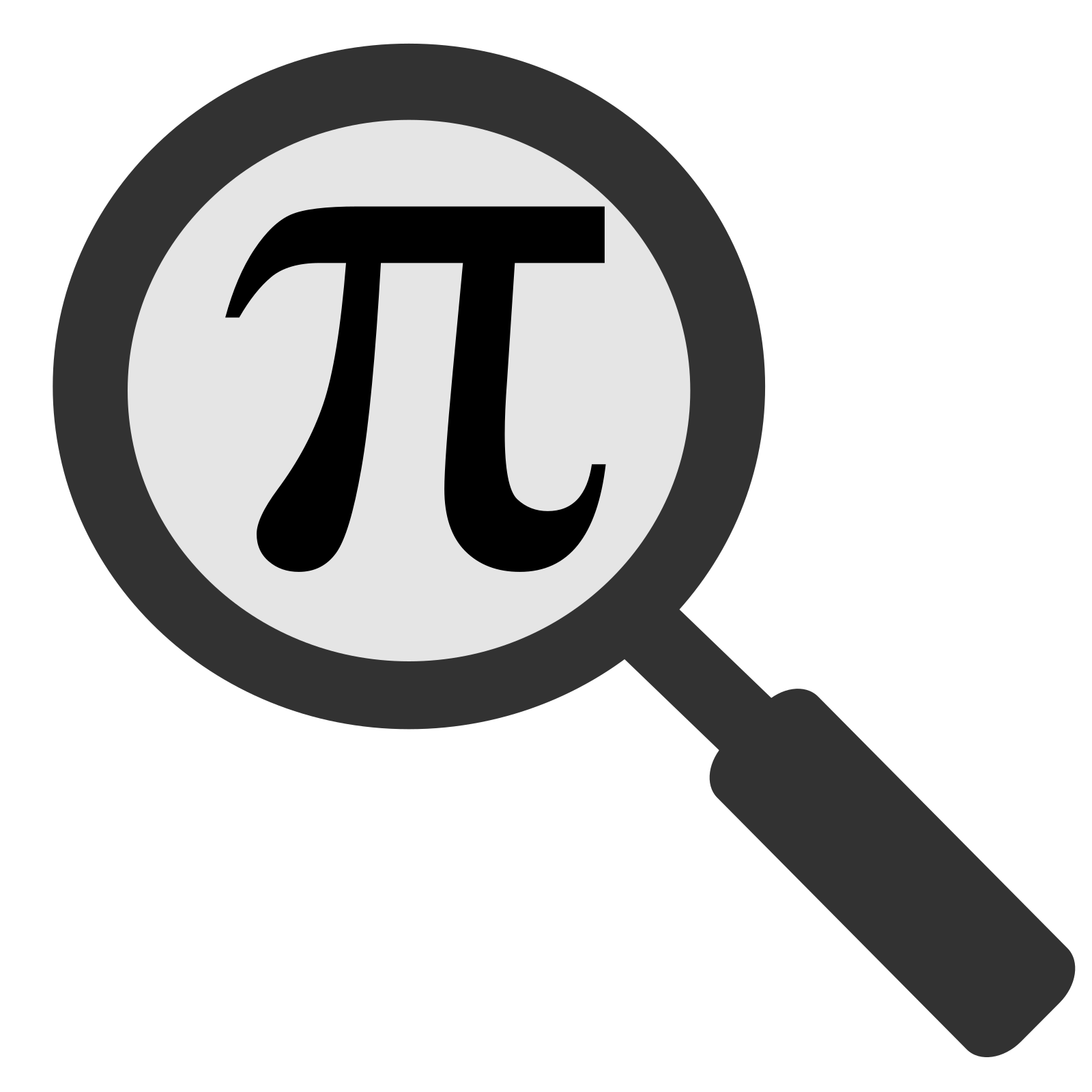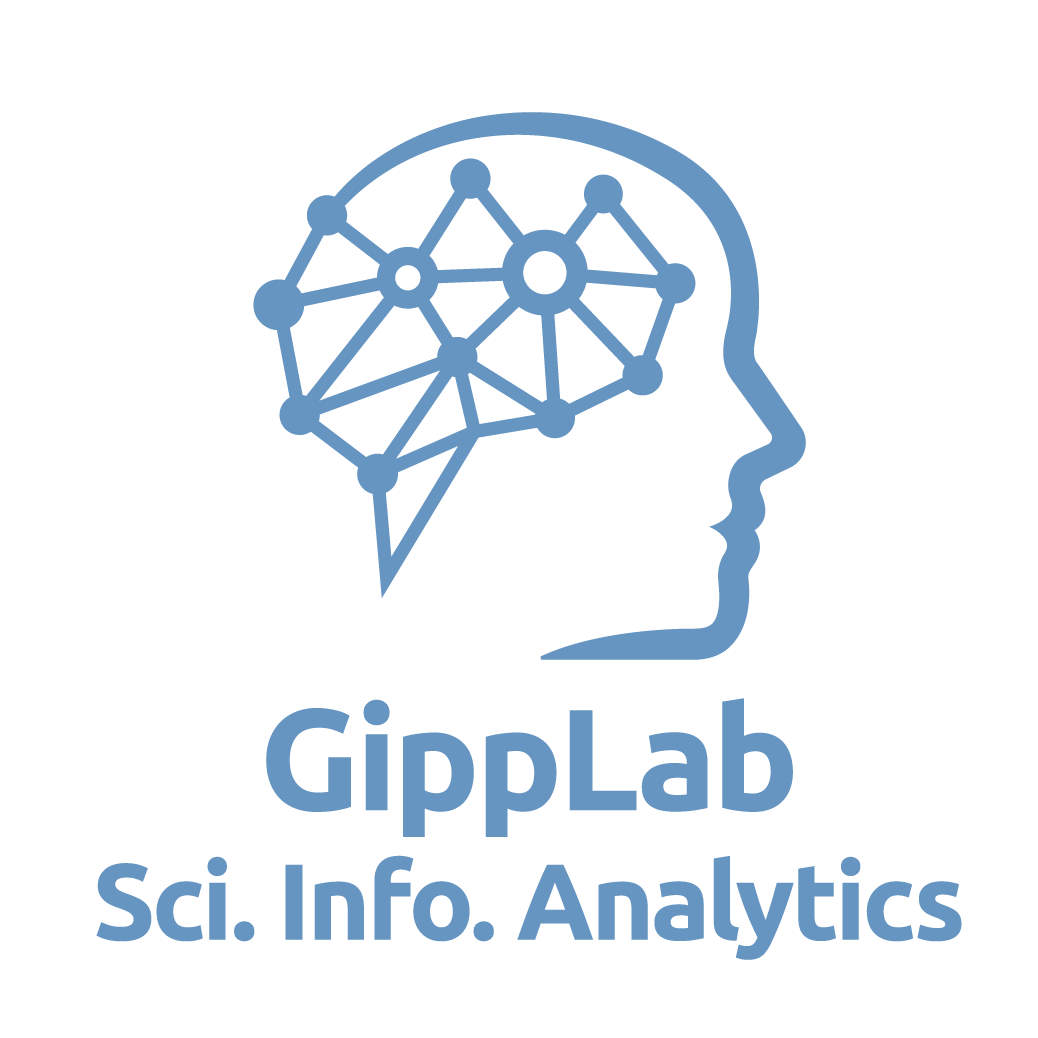Seminar: Mathematical Information Retrieval (MathIR)
The participants of this seminar will explore current research trends and established approaches for processing mathematical content, which represents concise and meaningful information, primarily in STEM (Science, Technology, Engineering, and Mathematics) disciplines. However, much of this content is currently not utilized to find relevant information. You will work on problems, such as extracting information on mathematical content or finding semantically similar mathematical content whose presentation differs.

Course Content
The seminar participants can complete either the theoretical or the practical research project track as part of this seminar. Group work is possible for both project types.
Theoretical research project
Participants will pick a topic according to their interests or from a pool of suggestions that will be provided. For their topic, the participants will give an overview of the state-of-the-art relevant to that topic in a presentation during the seminar (30 min) and a term paper (8 – 10 pages per person, ACM style) due at the end of the seminar.
Through this process, which the lecturers supervise and guide, the participants will train their ability to:
- Find, organize, and systematically read relevant research papers;
- Analyze, compare, and contrast research approaches and findings;
- Structure, write, and format an academic paper;
- Present their work using appropriate presentation techniques and presentation aids;
- Answer questions and discuss their work with peers.
Practical research project
Participants will implement a system that solves an applied real-world problem. Participants can suggest a problem or select from suggestions that will be provided. In addition to delivering a functioning application, completing this seminar requires giving a presentation (30 min) about the project and compiling developer documentation for the application (min 3 pages ACM style per person).
By completing the practical research track, participants will gain hands-on experience with state-of-the-art methods and technologies and train their application development skills.
The course provides a good foundation for a bachelor’s or master’s thesis in our group. Check this page for our current theses proposals.
Learning Objectives
After successfully completing the course, students should be able to:
- Identify research trends and existing solutions in mathematical language processing;
- Have familiarity with processing mathematical content;
- Investigate a specific topic in depth;
- Explain, compare, and discuss findings with experienced researchers;
- Develop ideas to improve the current state of the art;
- Implement mathematical content processing pipeline;
- Work independently in a pre-defined context;
- Gather, organize, read, analyze, and discuss scientific research papers;
- Write an academic paper;
- Give an academic presentation about their topic.
Requirements
- Knowledge of at least one object-oriented programming language, preferably Python.
- For participants unfamiliar with Python, we provide a self-study course that covers all essential topics required.
- Familiarity with LaTeX (for understanding math symbols representation) is recommended.
Exam
- For the theoretical research project:
- Presentation (30 min)
- Term paper (8-10 pages per person, ACM style)
- For the practical research project:
- Developed application
- Presentation (30 min)
- Developer documentation (min 3 pages per person, ACM style)
Schedule
| Type | Day | Time | Periodicity | Room | Dates |
|---|---|---|---|---|---|
| seminar | Tue | 12:15 – 13:45 | weekly | CS building, room 2.101 | every winter semester |


